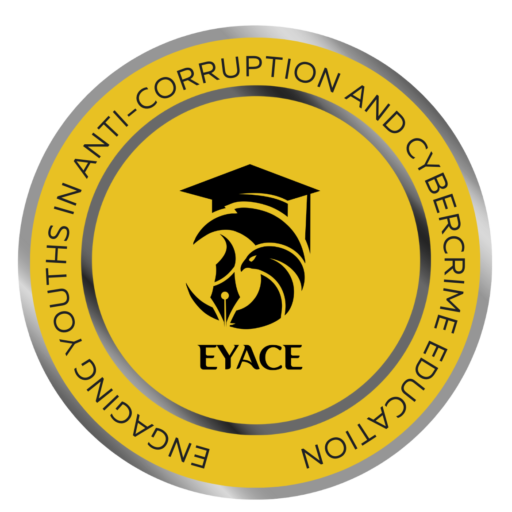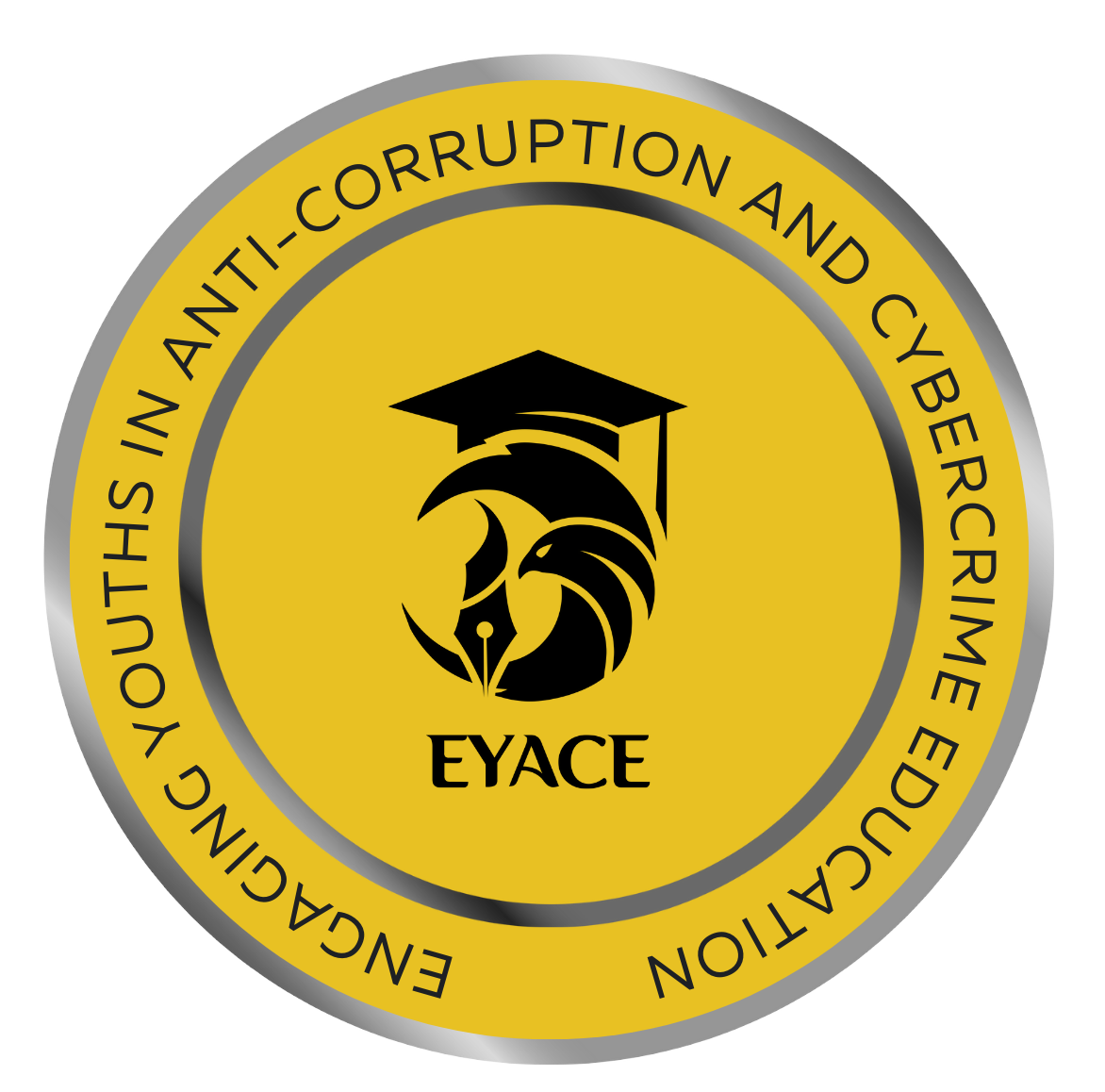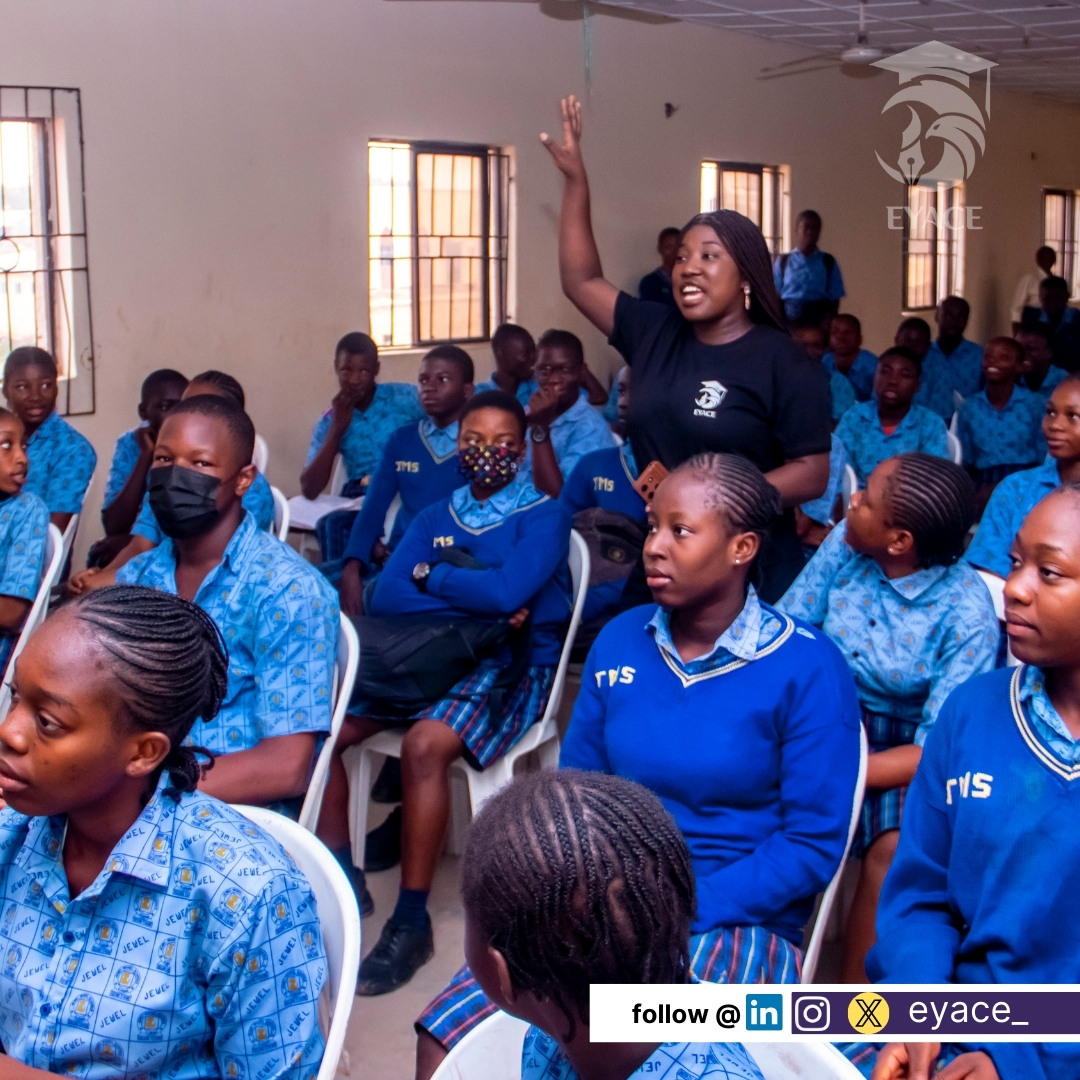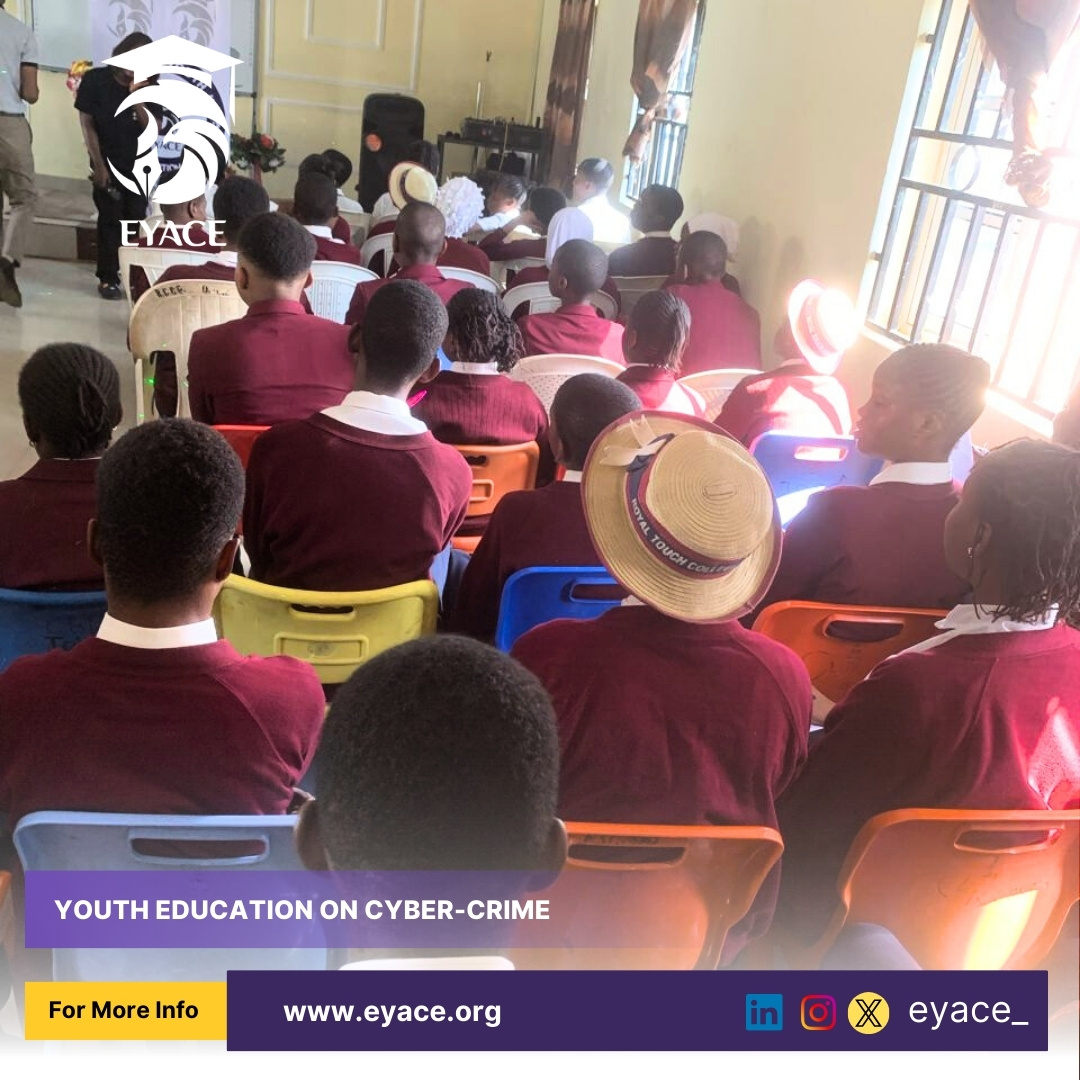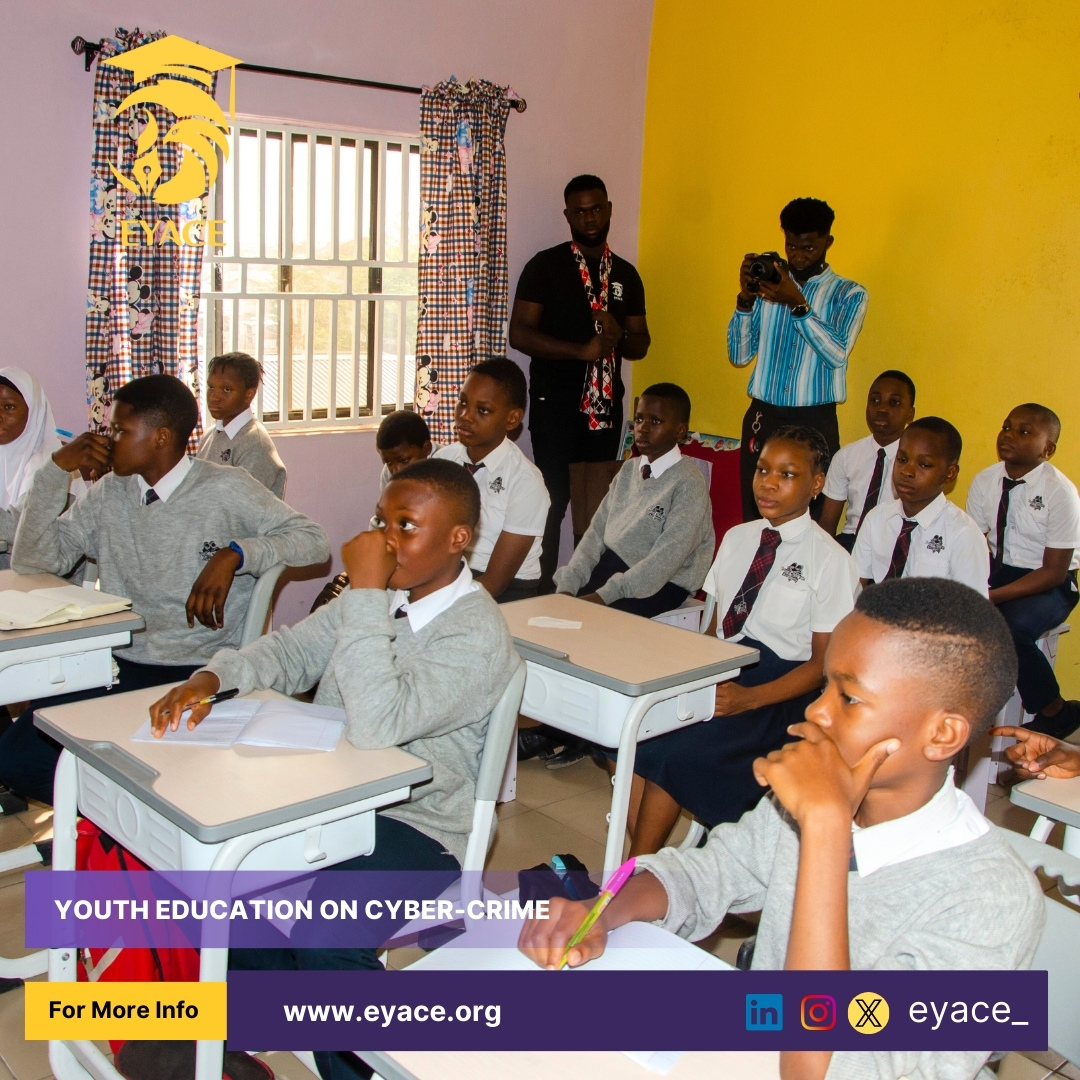Based on our ongoing school outreach efforts, it’s evident that education plays a pivotal role in shaping ethical conduct and instilling values such as integrity, honesty, and accountability right from the formative years. By incorporating modules on anti-corruption, and anti-cybercrime into school curriculum; educational institutions could nurture ethics culture and responsibility amongst students. Teaching fundamental principles like transparency, fairness, and adherence to the rule of law equips young individuals with the moral guidance to resist corrupt influences. It prepares them to become responsible leaders and engaged citizens in the future.
In addition, extending these educational efforts to adult education and vocational training programs would allow the dissemination of these crucial principles to a wider audience, including professionals, public servants, and community leaders. This broader outreach would cultivate a society that is dedicated to upholding ethical standards across all sectors.

Undoubtedly, the introduction of anti-cybercrime and anti-corruption education in Nigeria holds immense potential for reshaping attitudes, behaviours, and practices concerning corruption and cyber threats. Through raising awareness, instilling ethical values, empowering individuals, and fostering collaboration with schools; education becomes a catalyst for positive transformation, leading to the establishment of a more resilient and accountable society.
As Nigeria continues its pursuit of sustainable development and governance, investing in education targeted at combatting corruption and cybercrime becomes not only sensible but crucial for realizing the country’s full potential.
